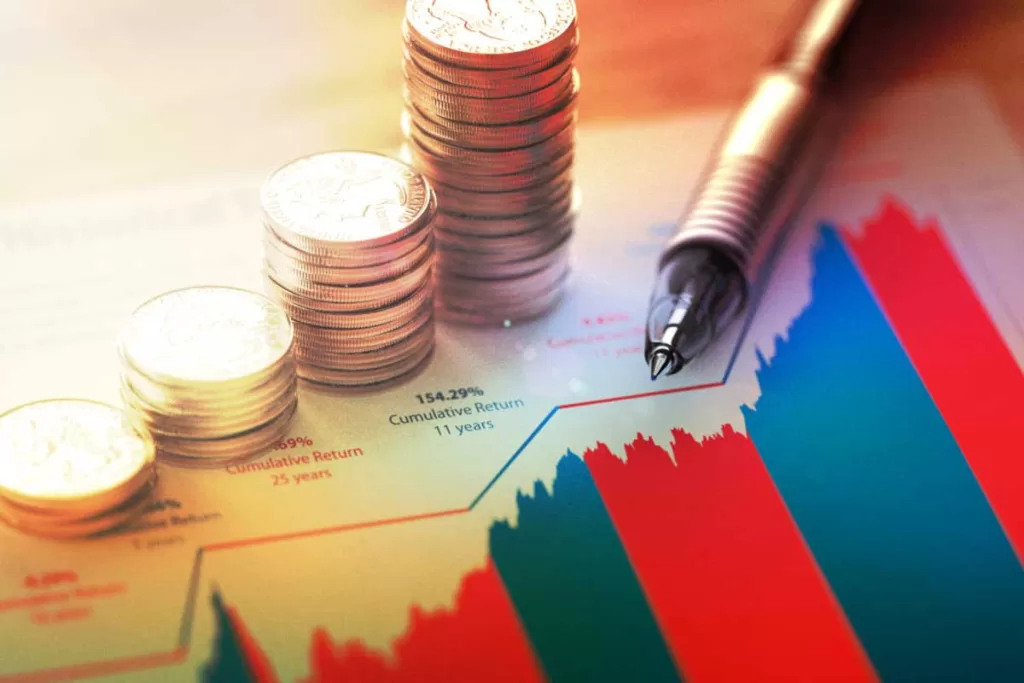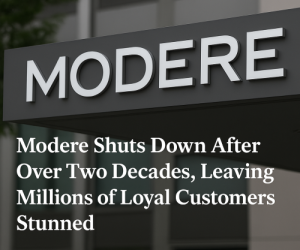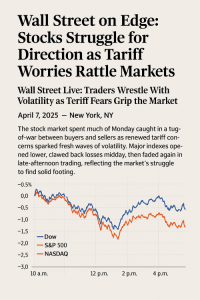Financial Disaster Dead Ahead? Here’s What You Need to Do to Protect Yourself

Shyam Metalics & Energy Share Price Today Live Updates: Stock Closes Down Slightly
The global economy is facing a number of challenges, including high inflation, rising interest rates, and the ongoing war in Ukraine. These factors have led some economists to warn that a financial disaster could be on the horizon.
One of the biggest concerns is the sharp rise in interest rates. Central banks around the world are raising rates in an effort to combat inflation. However, this could lead to a slowdown in economic growth and make it more difficult for businesses and consumers to borrow money.
Another concern is the war in Ukraine. The conflict has disrupted global supply chains and driven up energy prices. This has put additional pressure on the global economy and could lead to a recession.
In addition to these external factors, there are also some internal weaknesses in the global economy. For example, many countries have high levels of debt. This could make them more vulnerable to a financial crisis if interest rates rise or economic growth slows.
So, is a financial disaster dead ahead? It is impossible to say for sure. However, there are a number of risks that could lead to a crisis. It is important for businesses and consumers to be aware of these risks and to take steps to protect themselves.
What can businesses do to protect themselves?
Businesses can take a number of steps to protect themselves from a financial crisis, including:
- Reducing debt: Businesses should try to reduce their debt levels so that they are less vulnerable to rising interest rates.
- Building cash reserves: Businesses should build up their cash reserves so that they have a cushion to fall back on if the economy slows down.
- ** diversifying their customer base:** Businesses should try to diversify their customer base so that they are not too reliant on any one customer or industry.
- Developing contingency plans: Businesses should develop contingency plans for how they will respond to a financial crisis. This could include things like reducing costs or laying off employees.
What can consumers do to protect themselves?
Consumers can also take a number of steps to protect themselves from a financial crisis, including:
- Building up an emergency fund: Consumers should build up an emergency fund of at least three to six months of expenses so that they have a cushion to fall back on if they lose their job or experience other financial difficulties.
- Paying down debt: Consumers should try to pay down their debt levels, especially high-interest debt like credit card debt.
- Diversifying their investments: Consumers should diversify their investments so that they are not too reliant on any one asset class.
- Creating a budget: Consumers should create a budget and stick to it. This will help them to track their spending and make sure that they are not overspending.
No one can say for sure whether or not a financial disaster is dead ahead. However, there are a number of risks that could lead to a crisis. It is important for businesses and consumers to be aware of these risks and to take steps to protect themselves.






